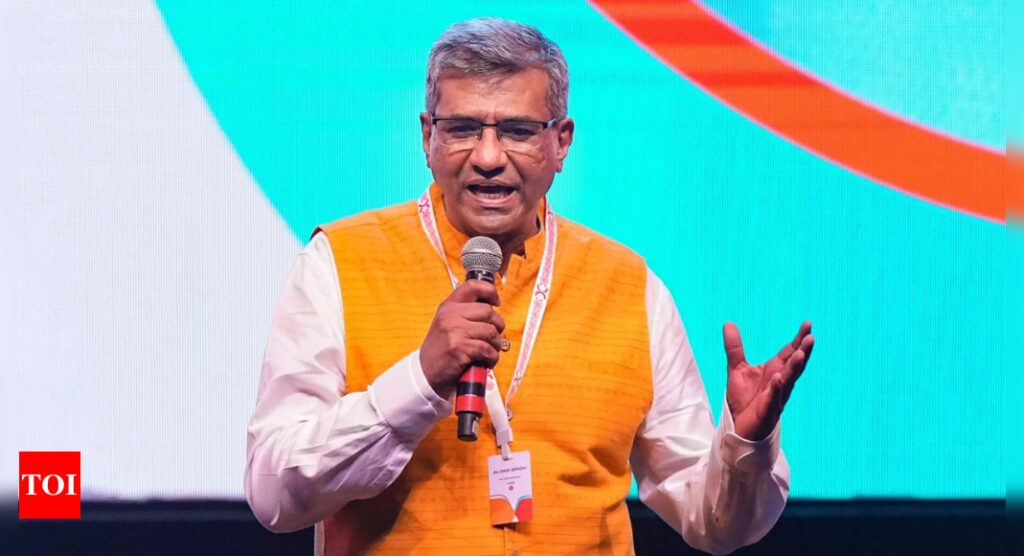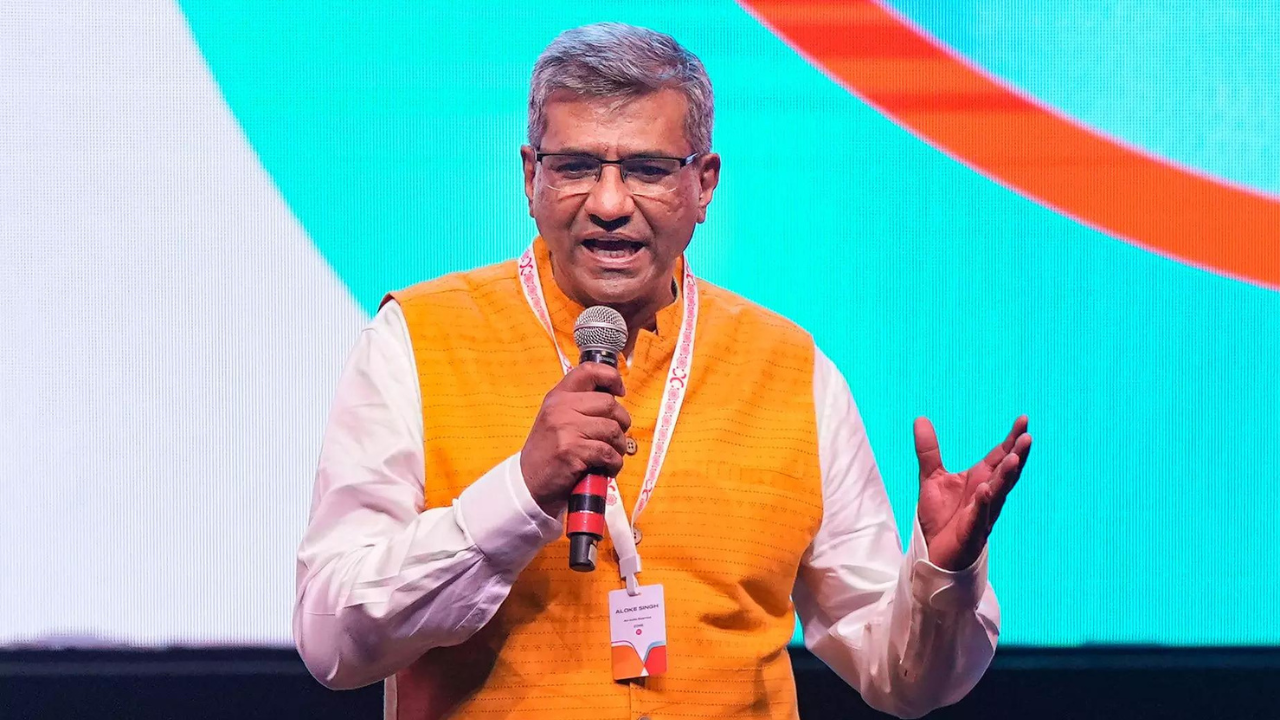[ad_1]
A subsidiary of Air India, Air India Express is in the process of merging low-cost domestic carrier AirAsia India with itself, and last week unveiled its new brand identity.
Air India Group, comprising Air India, Air India Express, AIX Connect and Vistara, is owned by the Tatas, which is also in the process of consolidating its airline business.
As part of it, Vistara, which is a 51:49 joint venture airline between Tata Sons and Singapore Airlines, is also in the process of merging with AI India.
“The focus of Air India Express will be on routes which have a higher component of leisure travellers, a higher component of price-sensitive customers. In fact, more of non-business while Air India will focus primarily on routes which are higher yielding, which requires business class and a higher level of in-flight services,” Singh told PTI in an interaction.
He said that the Air India Express network will be structured in a manner that it flies to the destinations where Air India does not fly as it at present has different priorities.
It will have to be a rationalised network and therefore Air India Express, at least in the short term will not operate on routes such as Delhi-Mumbai, a route which has higher yield customers, and is served very well by Air India.
He said that the difficult part of the Air India Express-AIX Connect (formerly AirAsia India) merger has already been done with the integration of back-end platforms, processes and manuals, among others, adding that “now there is a legal process which is going on, and which normally takes 6-9 months for completion. We are hoping that this process will get over by the end of March next year.
Moreover, since Air India Express has a codeshare agreement with Air India, it will not be losing out on such markets as well, by flying the latter’s connecting passengers to the domestic destinations served by it.
For example, he said, if Air India has a connecting passenger who is coming in from London, and has to go to Surat, Air India can sell that itinerary on an Air India-coded flight, which will be operated by Air India Express.
“So, it is really, the synergy benefits that are getting unlocked in this (arrangement),” he added.
On the competition from market leader IndiGo, Singh said Air India Express has its strengths, which it will play out.
“We are not looking at spreading our capacity all over the country right of the back. We will first consolidate our presence on the routes where we are already operating, get to a meaningful scale there and then start looking at other markets. So, this is the broad thinking for our networks,” he said.
“We are in the market, so obviously we will be competing with each other but there will be routes where we may have some advantage. There may be routes where we will get feeds from Air India, and that will actually top up our own occupancy and that is our strength,” Singh emphasised.
He said that with most of the integration work completed, now we have the growth agenda before the company, which is preparing for the growth and also deploying and operationalising that growth.
Alongside, the airline is also progressing for the transformation agenda with certain targets, including the plans to have a market share of about 20 per cent on the short-haul, international and 15 per cent on domestic, he stated.
“We have a certain matrix for efficiency and profitability also targeted..broadly we are looking at the market, at the operating model, the organisation and the value. So, these are our four pillars for the transformation,” he said.
Noting that profitability is a function of many things – product, network and scale, Singh said that if the operations are sub-scale, it will be very hard to be profitable, especially in a hyper-competitive market like India.
Profitability is also about your route network as well as about your products.
The short-haul international markets are inherently more profitable because an airline can optimise its aircraft flying over a long distance. So, your unit cost will be lower and it will also have lower fuel prices, he added.
“So, for all these reasons, you can’t look at a network in isolation… there will be a great deal of transfer connections happening. And that will build in efficiency, which will enable you to utilise your capacity better,” Singh said.
[ad_2]
Source link











More Stories
India’S Growth Forecast: S&P ups India’s FY’24 growth forecast to 6.4% on robust domestic momentum
India to remain fastest-growing major economy, but demand uneven: Poll
Jack Ma: Jack Ma gets back into business with ‘Ma’s Kitchen Food’